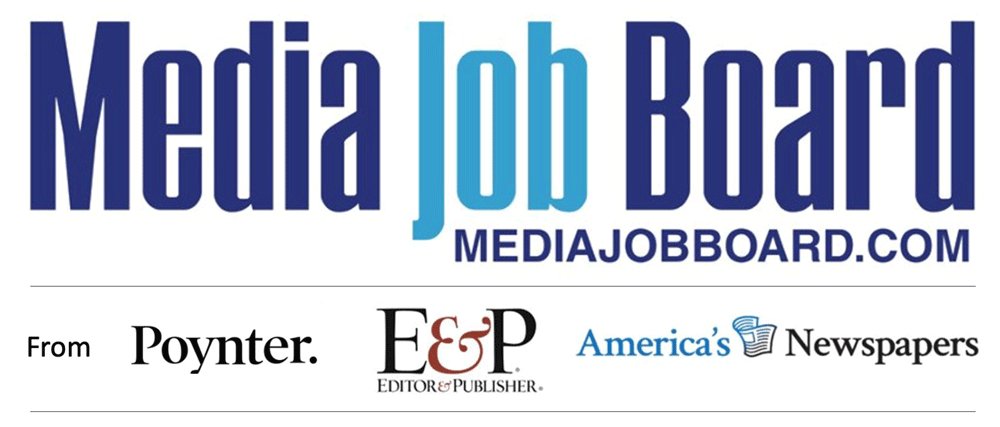E&P Exclusives
To brand themselves as a primary voice in their communities and appeal to the broadest audience, newspapers have included games and puzzles in their entertainment content for over 100 years. Readers continue to enjoy games and puzzles, but now there are opportunities to monetize that content.
It’s a story everyone in the publishing industry has heard before: Adapt to the digital age or be forgotten. The Philadelphia Inquirer received the message loud and clear when they adapted their design and operations strategy last year. Their innovative approach not only ensured their sustained relevance but also effectively preserved their rich historical legacy.
The path to revenue growth lies in mastering the strategy behind renewals, whether in advertising sales or subscriptions, while driving new acquisitions and assessing their long-term impact on the bottom line. It’s an area that combines strategy, sales and financial analysis and presents a compelling model for outlining the foundation of revenue growth in news media organizations.
In many organizations, and certainly within organizations of size, a role arises out of necessity: the fix-it guy. This person has a particular talent for getting things done without planning. So when a problem suddenly arises or things get stuck, they’re the one that everyone rushes to. But, is the fix-it guy actually good for the overall health of an organization?
Read More E&P Exclusives
Industry News
Texas AG Ken Paxton is trying to punish Yelp for providing users with information about crisis pregnancy centers. That’s unconstitutional.
Racial and ethnic diversity across the nonprofit news sector increased between 2020 and 2022, according to research from the Institute for Nonprofit News.
The artificial intelligence gold rush is creating uncertainty over the future of online information — and pushing publishers and tech firms to make deals.
The legislation would allocate $11 million annually to local news subsidies for D.C.'s roughly 670,000 residents.
“Given the sensitive nature of the news during a widening conflict, and the prominent promotion it received, Times editors should have taken more care with the initial presentation, and been more explicit about what information could be verified.” — Joshua Benton, Nieman Lab
Read More Industry News
Read this Month's Issue Online
